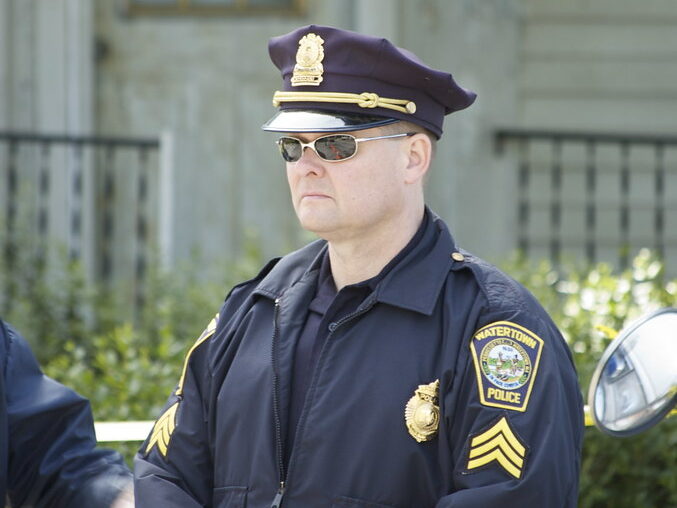
Police officers play a very important role in keeping our communities safe, but their work is often misunderstood by many. They face challenges daily behind their badge and have many responsibilities that people don’t understand. Here are 15 things police officers want you to know.
They’re Human Too
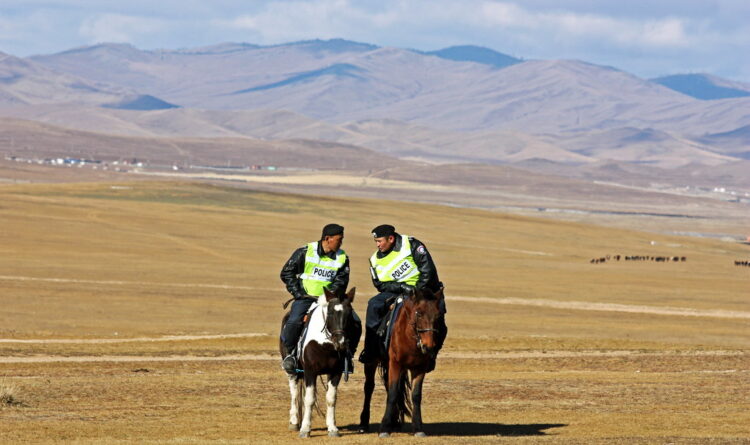
Police officers are just like the rest of us. They’ve got families, emotions, and lives outside of their job. They celebrate birthdays, stress about bills, and love their kids. But because of what they do—they often have to bottle up their feelings and stay strong. Research from the National Institute of Justice shows that the stress and trauma officers deal with can lead to serious mental health issues.
They See the Worst of Society
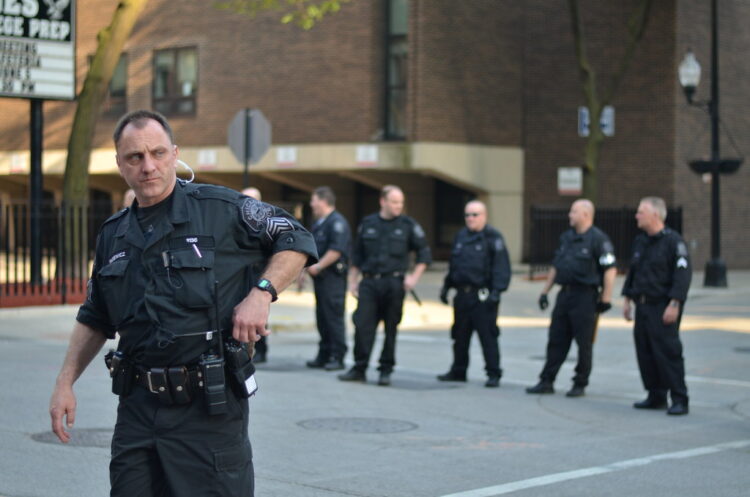
Imagine dealing with violent crimes, horrific accidents, and tragic losses every single day. Cops are usually the first ones on the scene when something awful happens, and they’ve got to handle it all with professionalism and care. Seeing so much trauma over and over can really weigh on their mental health, often leading to issues like PTSD, depression, and anxiety. But despite it all, they keep doing their job because they genuinely believe in making a difference.
Their Job is Dangerous
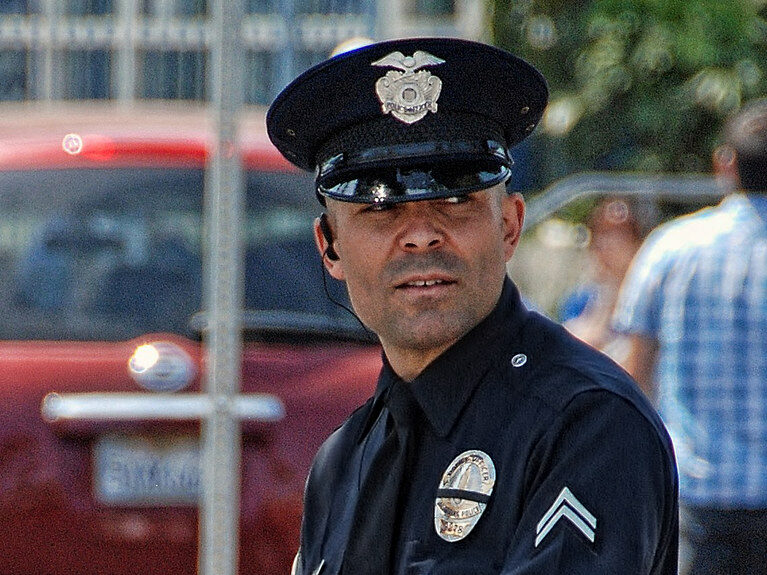
Police officers always put themselves at risk to keep others safe every single day. Whether they’re handling a domestic violence call, chasing down a suspect, or just approaching a car during a traffic stop, they face unpredictable and often dangerous situations. This constant danger is why they have to stay sharp and cautious. It’s not about being aggressive—it’s about making sure they get home alive.
Training is Extensive and Ongoing
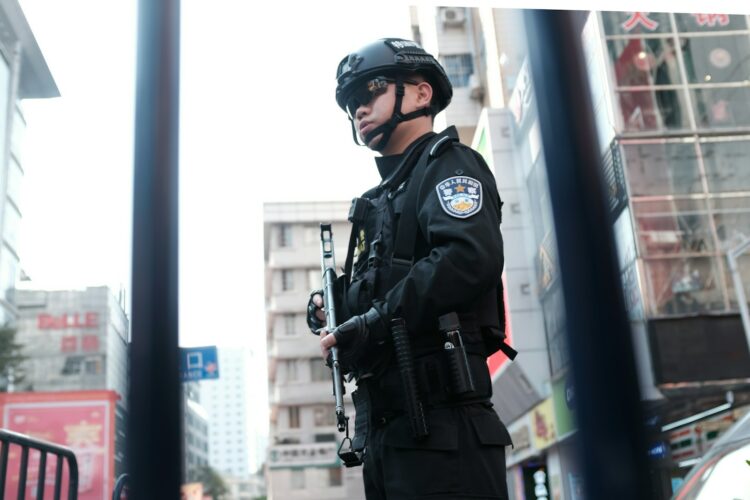
Becoming a police officer isn’t just about filling out an application. It takes months of intense training. Recruits dive into criminal law, ethics, handling firearms, self-defense, and more. They also get training on dealing with mental health crises, de-escalating conflicts, and working with different communities. And it doesn’t stop there—officers keep learning through regular courses to stay up-to-date with the latest laws, tech, and best practices.
They Have a Legal Obligation to Act
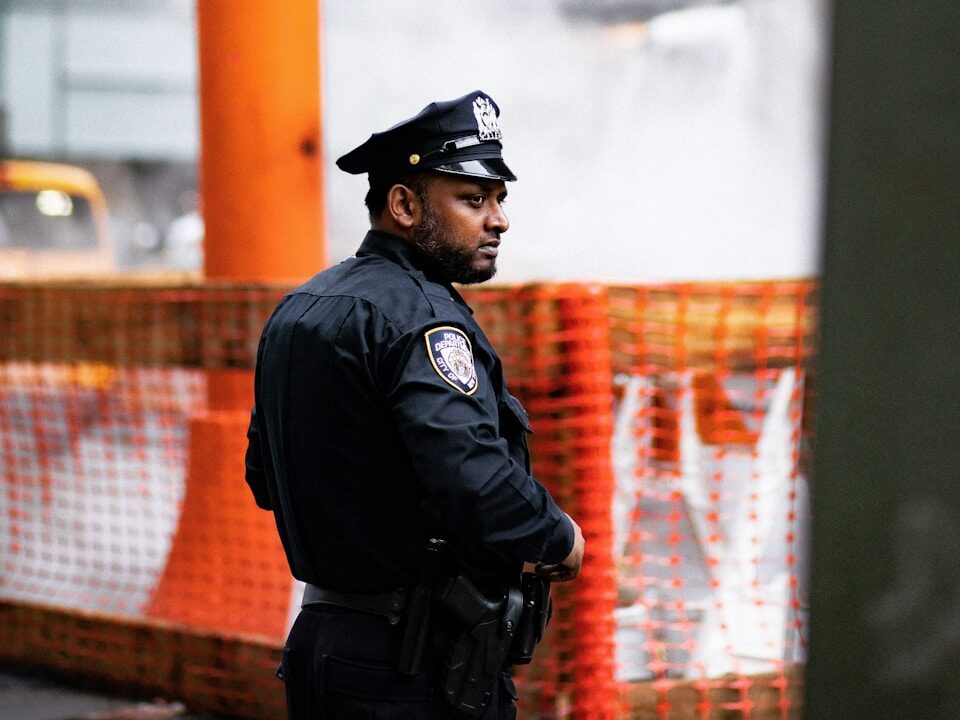
When a police officer sees a crime going down, they can’t just ignore it. They’re legally required to jump in and enforce the law. This duty can land them in tricky situations, but it’s part of the job. Whether it’s breaking up a robbery or arresting someone dangerous, they’re committed to protecting and serving. That also means they must make quick decisions in high-pressure, challenging moments.
They Wear Body Cameras for a Reason
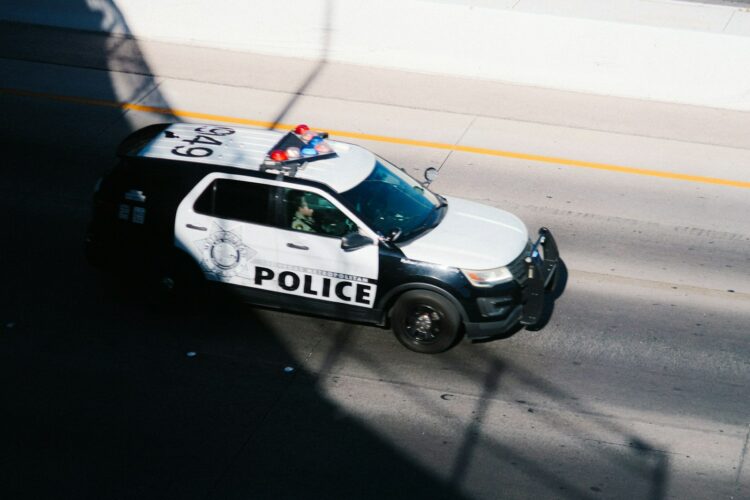
Many police officers now wear body cameras to record their dealings with the public. These cameras do a few important things: they help protect officers from false claims, provide solid evidence in legal cases, and boost transparency and accountability. Research from the University of Cambridge found that body cameras cut complaints against officers by 93%. When everyone knows they’re being recorded, it often encourages both the officer and the public to act more respectfully.
They Appreciate Respectful Interactions
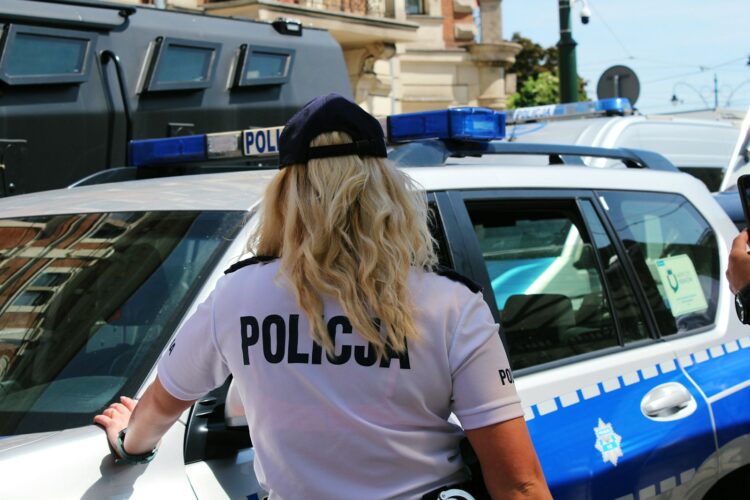
Respect matters in any interaction, and it’s no different with police officers. When cops encounter a situation, they’re hoping for cooperation and a calm attitude. Speaking respectfully can help cool down tense moments and lead to better results. Research shows that treating officers respectfully lowers the chances of things getting out of hand. Sometimes, a simple “yes” or “thank you” can make a huge difference.
They Rely on Community Cooperation
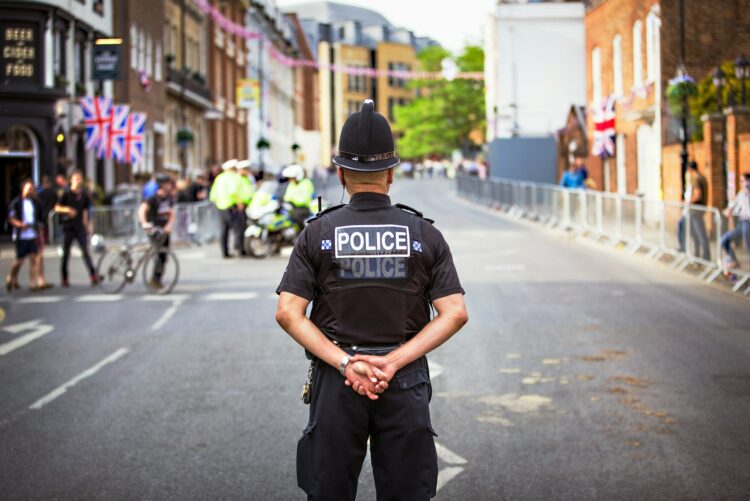
Police officers need the community’s support to do their jobs effectively. They count on people to report crimes, share info, and help keep neighborhoods safe. Community policing, where officers build good relationships with locals, has been proven to lower crime and improve trust. A study by the U.S. Department of Justice found that strong community ties lead to better cooperation—which helps solve and prevent crimes.
They Experience Fear Too
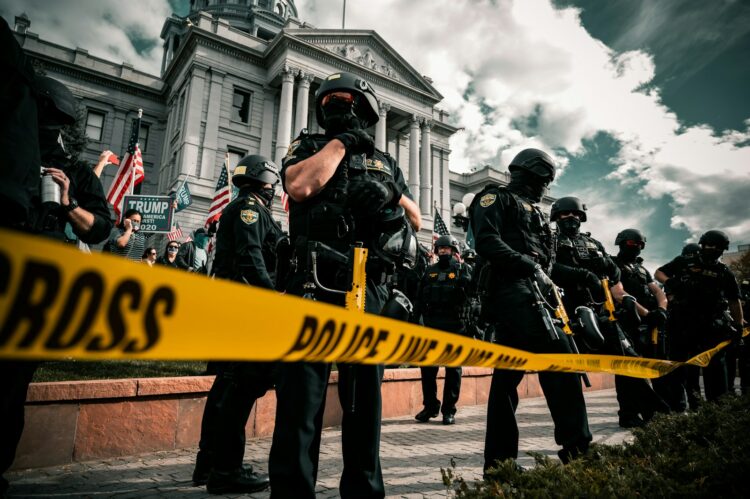
Police officers are trained to handle fear, but that doesn’t mean they don’t experience it. When they’re up against very dangerous situations, they have to make decisions that could be life or death. Despite all this fear—officers must stay calm and focused to keep everyone safe. Their dedication to serving society is the only reason they take this fear head-on.
Traffic Stops Aren’t Personal
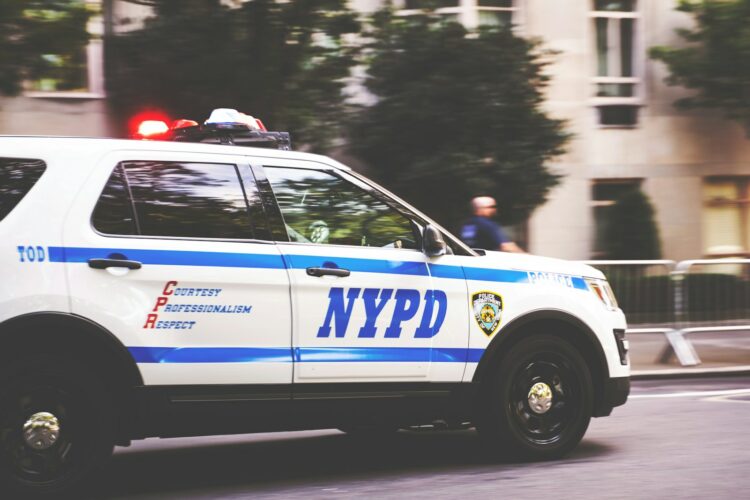
We know being pulled over can be super stressful, but remember, it’s not personal. Officers aren’t targeting you because they’ve got something against you—they’re just doing their job to enforce laws. Traffic stops are one of the most dangerous situations for officers because they never know what might happen. What starts as a routine stop can quickly turn serious. That’s why cops are often cautious and direct during these encounters.
They’re Not Out to Get You
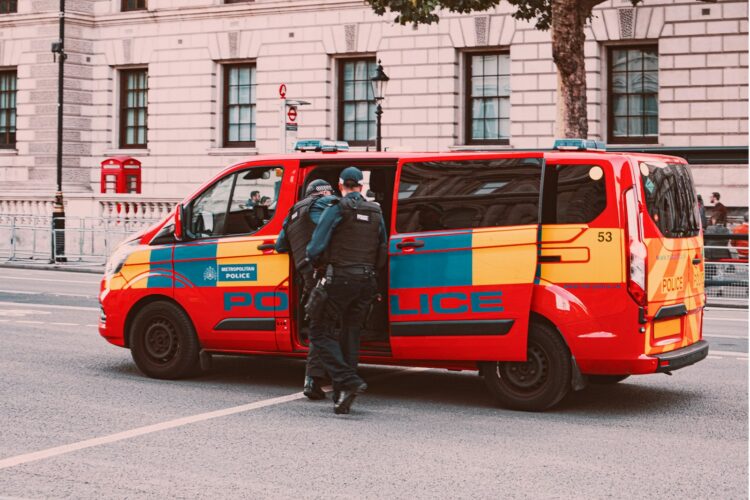
There’s a common idea that police officers are just out to catch people breaking the law. But in reality, their main goal is to keep everyone safe. Traffic stops, for example, aren’t about hitting some quota—they’re about stopping accidents and saving lives. Cops would much rather help you get home safely than slap you with a ticket. They’re out there to implement the law, but their main priority is protecting you and your community.
They Deal with a Lot of Paperwork
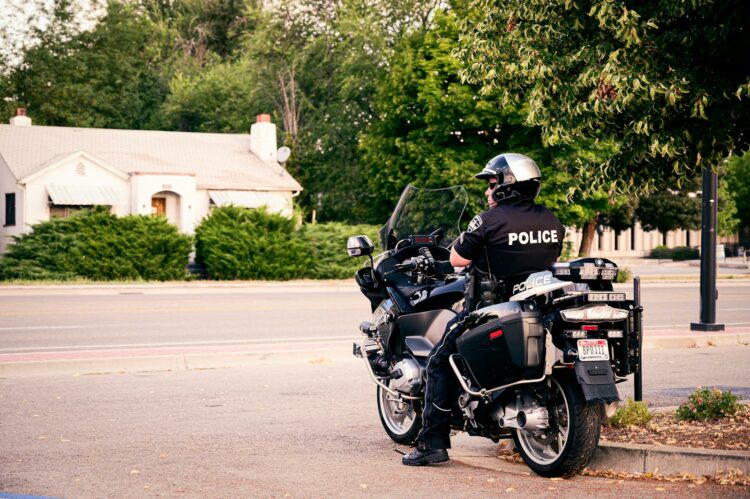
Being a police officer isn’t just about thrilling car chases and intense arrests. A huge chunk of their job involves paperwork. Every single incident, big or small, has to be documented. This paperwork is super important for legal reasons, keeping internal records, and making sure everything’s above board. Reports need to be detailed and accurate, which often means hours of writing after a long day on the job.
They Face Public Scrutiny
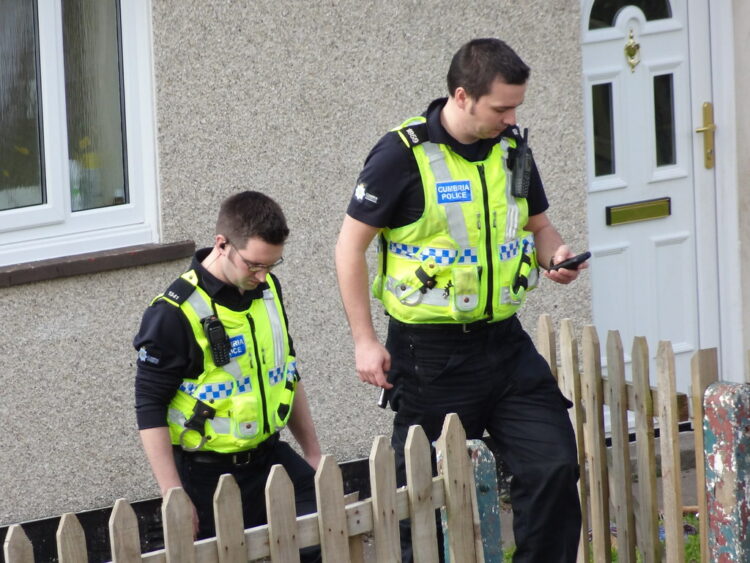
Thanks to fancy technology, police officers are watched more closely than ever. With everyone having smartphones and social media, almost every interaction they have could end up recorded and shared online. This constant watch can be tough—knowing that any slip-up might get blown out of proportion and criticized. On the flip side, this scrutiny pushes police departments to be more open and accountable, which is good for everyone.
They Value Clear Communication
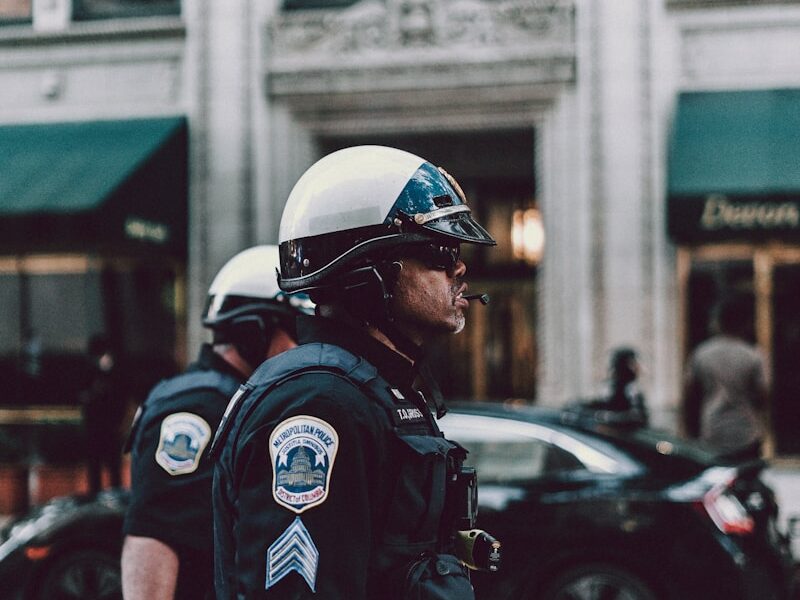
Clear and effective communication is crucial for police officers. Whether they’re directing traffic or gathering info at a crime scene, being clear helps prevent misunderstandings and keeps everyone safe. Officers are trained to be direct and easy to understand, even when things are tense. It’s important for the public to communicate clearly with officers. Giving accurate information and following instructions can make resolving situations quicker and smoother.
They Want to Go Home Safely
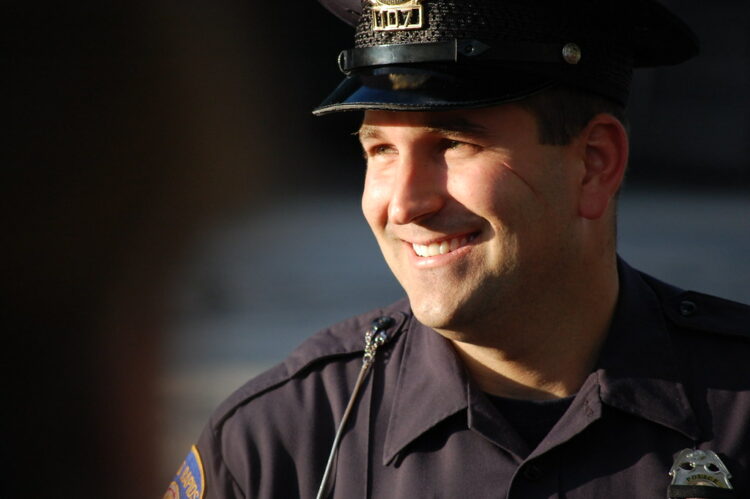
At the end of their shift, police officers want the same thing as everyone else: to get home to their families. The risks they face are real, and the worry about not making it back home is something they live with every day. While their main goal is to protect and serve the public—they also want to stay safe while doing it. This drive to get home safely influences how they handle every situation.

Comments
Loading…